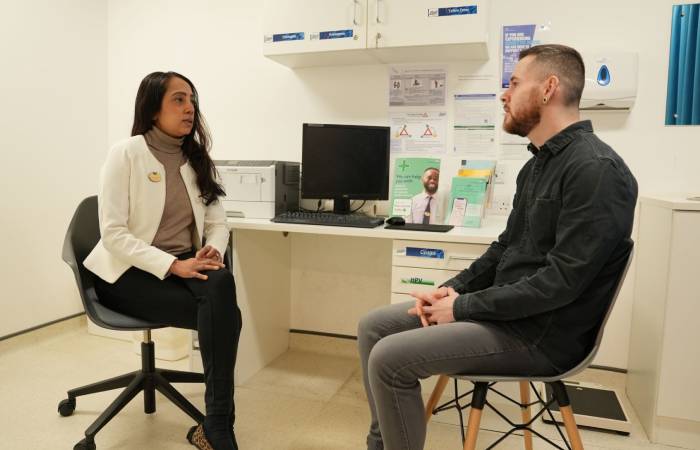News

Pharmacy First launch: Service will deliver ‘faster, simpler’ patient care
In News
Bookmark
Record learning outcomes

Health leaders throughout England have welcomed the launch today of the Pharmacy First service, with over 90 per cent of pharmacies signed up to provide what the Government has described as a “ground-breaking initiative”.
The service, which give pharmacists pathways to assess and treat patients with seven common conditions, is aimed at freeing up 10 million GP appointments each year.
Health secretary Victoria Atkins said the service is “good news” for patients and the NHS, commenting: “I’m determined to deliver faster, simpler, fairer access to care for patients, and the expansion of Pharmacy first will mean patients can get treatment for common conditions without needing to see their GP first.”
Ms Atkins said the service would free up “millions” of GP appointments annually and “help cut NHS waiting lists”.
Chief pharmaceutical officer for England David Webb said: “Pharmacy teams play a very important role in the community as part of the integrated NHS primary care team, and this expansion of clinical services means patients will have more choice in accessing the care they need.
“This will give people more convenient options at the heart of local communities without needing to book an appointment.”
Important step
PAGB chief executive Michelle Riddalls said: “The Pharmacy First scheme is an important step in giving people the tools they need to self-care and raising awareness of the specialist support that community pharmacists can provide. “We know from our own research that 96 per cent of people experience at least one self-treatable condition each year, with as many as two in five adults requesting a GP appointment for minor health conditions.”
Boots UK managing director Seb James echoed these remarks, saying that in addition to making care more easily accessible the service “allows our pharmacy team members to further utilise their professional skills and reduces pressures on GP surgeries… it is one of the most significant changes in how we can serve our customers and patients in our 175-year history”.
Meanwhile, Company Chemists’ Association chief executive Malcolm Harrison said he was “confident” that the “community pharmacy sector will deliver” and that the CCA hopes the service will be expanded to include more conditions in the future.
Others warned that close attention must be paid to operational factors like IT to make the service a success. Ruth Rankine, primary care director at NHS Confederation, said: “Our members and pharmacies must be properly supported if this scheme is going to help reduce demand on GP services.
“This includes making sure that GP and pharmacy IT systems are properly connected so that updating patient records between the two services does not create additional work for staff. The last thing we want is for patients to fall through the cracks between the two services.”
